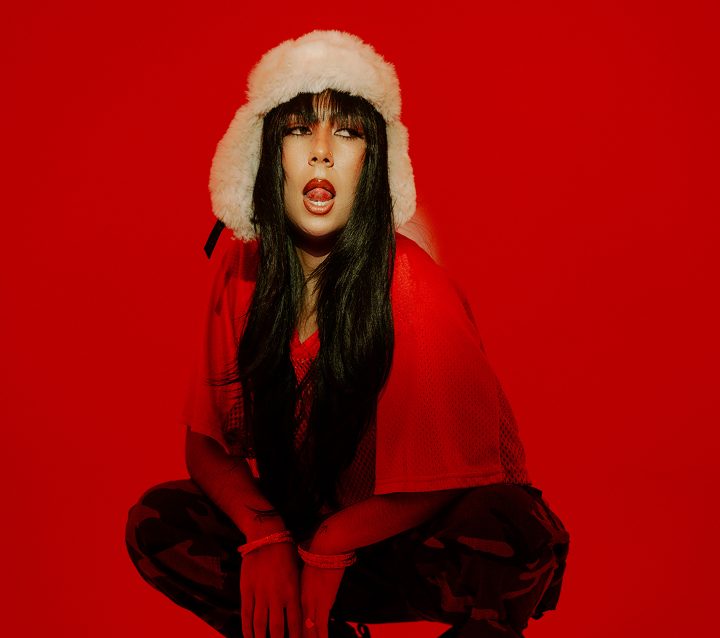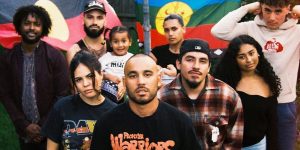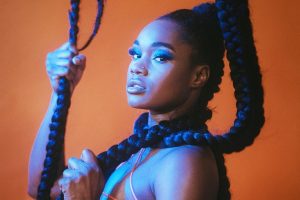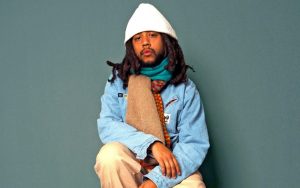Who is Miss Kaninna?
Miss Kaninna is an unrelenting voice of punk and power drawing from the paths laid before her by her Matriarchs – such as her musician & activist mother Ruth Langford who works with the Indigenous Women’s Legal Centre for women experiencing violence in the family & founded Aboriginal social enterprise Nayri Niara, and her grandmother, famed painter and activist the late Rosalind Langford, who played a vital role in starting the first Aboriginal organisation (Aboriginal Information Service) in Iutruwita/Tasmania in the 70s – to pave her own, using her voice to shed light on the oppression faced by First Nations people globally. A seasoned performer from a young age thanks to a history of growing up in a musical community & sitting side of stage touring with her mother, she was accepted into WAAPA (Western Australian Academy of Performing Arts), eventually going on to be cast as Cynthia in the national theatre tour of The Sapphires, a role that led to her permanent move to Naarm, where her solo project began to take shape as she continued to build camaraderie, community, and strong mutual respect with other artists like Christine Anu, Barkaa, Kobie Dee, Jesswar, Tasman Keith and many more.
“I wanted to say ‘fuck you’ to the people and the systems that were oppressing me. And some just had pure joy. Black joy, and there is no greater resistance than black joy. I wanted my own black joy.”
Do you feel that higher education is a necessary step to enter the music industry?
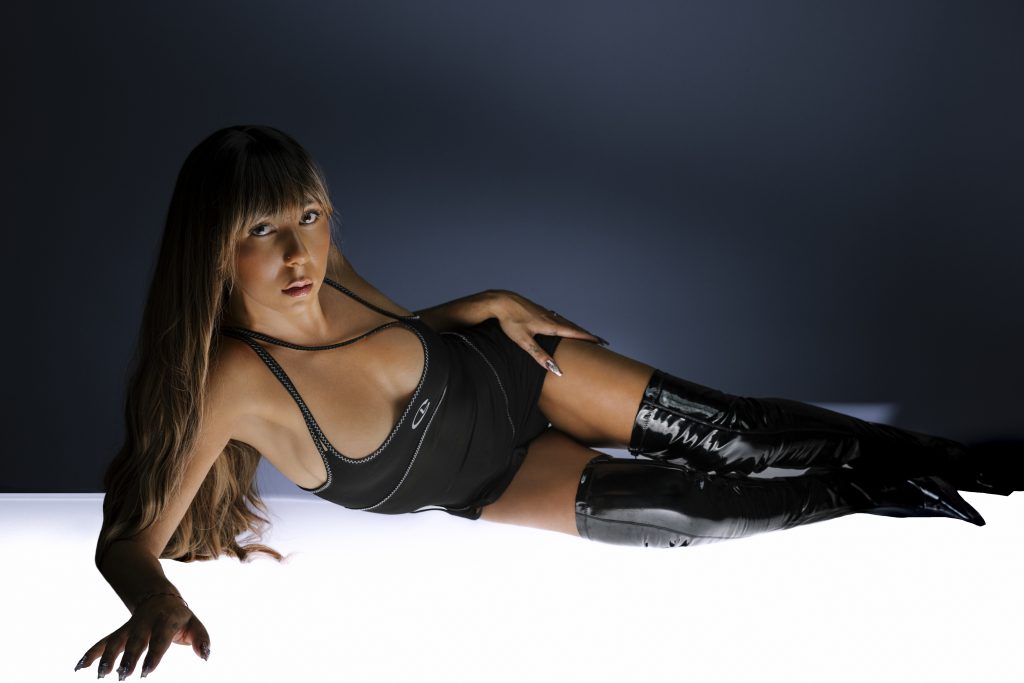
Who has been your biggest champion in your career?
My family, they are my biggest supporters, without them I would not be able to do this.
In the last year, the remarkable achievements that you have made have gone unmatched. You’ve been touted as the Australian Industry’s “One to watch.” As a Bla(c)k woman, you are making history & opening new doors that haven’t been opened before. The strides you are making isn’t only personal, it’s also cultural.
How does it feel and how do you remain grounded?
Going back to country and being with my community and family is how I stay grounded, I admit I haven’t been going as much as I should and I really notice the difference in my attitude when I don’t go home. This industry is brutal so I need time to remind myself who I am and where I come from in order to keep pushing. But it feels good to know my people want me to succeed.
What is the best piece of life advice you’ve ever received?
To be hated for being yourself than loved for someone you are not. This advice really helped me navigate the “people pleaser” in me. I found myself code switching a lot around different people which spread me really thin. I was compromising my values and beliefs for the benefit of others and it was really affecting my mental health. So after this advice I said fuck it, this is me take it or leave it. And now I know the people around me love me for me and not for someone they wished I was.
“You don’t need to forfeit your values and way of life to fit into a system / industry that wasn’t designed for you. Authenticity will be your biggest asset.”
What would you tell your younger self if you could tell them anything?
You are important, you do matter and don’t take any shit from anybody. Period.
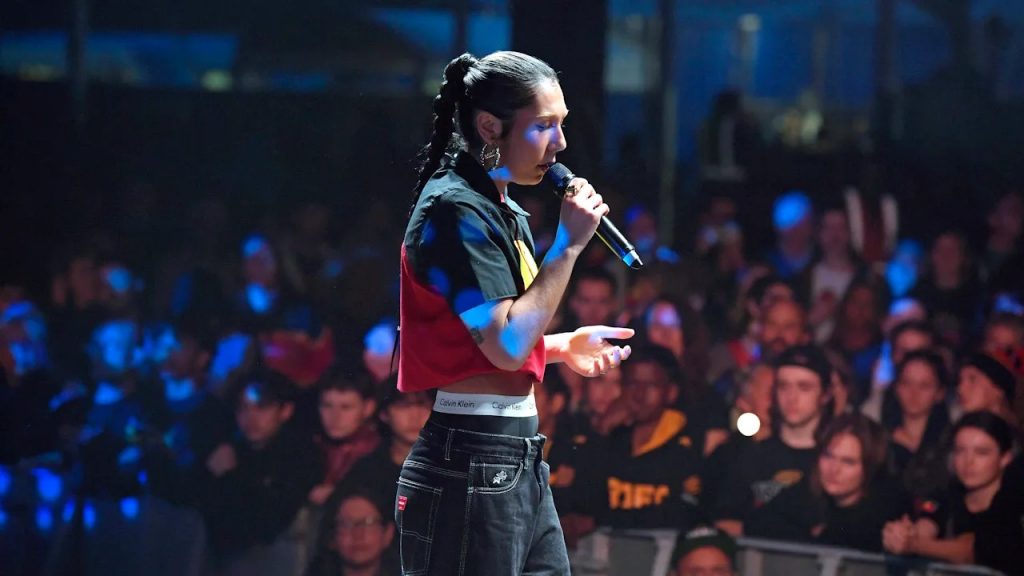
What is your big picture career goal?
To be able to do music for the rest of my life and bring my people with me.
Who are your role models in the industry be they local or international?
Obviously Britney Spears, she’s a star and she worked so hard and is so talented, I wanted to work just as hard as her when I was young. Jessica Mauboy was definitely my first real music role model here in this country. I was glued to the TV watching her at 15 try out for Australian Idol. I remember counting the days before I turned 15 and could audition. I wanted to be just like her. Other role models I saw were people like Lauryn Hill, the way she so rawly spoke about her feelings and her community. Michael Jackson, his level of commitment and high energy and just profound music composition really.
Who are your top 3 ‘artists to watch’?
Do you think the Australian Music Industry is where it needs to be in regarding diversity? If yes or no, what would you like to see?
No, no way, the Australian music industry diverse? This country needs to work a lot harder than just ticking boxes in the diversity department to have true equality and representation. This country is bursting at the seams with talent… but why are we / they not being platformed or booked? I would like to see more live shows, more events, more festivals, more community engagement…that are 1) affordable and 2) accessible to minority groups and under-privileged people.
“This country needs to work a lot harder than just ticking boxes in the diversity department to have true equality and representation.”
What does true allyship look like to you?
Empowering black voices and making space for us rather than speaking FOR us and taking UP space. So often I see self proclaimed “ally’s” ( who in my opinion are just as dangerous as racists) who constantly tell us what they think is best for us. They’re always talking like they know best. We, the people, know our struggle and we, the people, know what’s best for us.
Lines can easily be crossed when it comes to allies in the music industry backing BI&POC issues. Allyship & performance activism, what is the difference & How should allies avoid performance activism?
Honestly I don’t know. I don’t know what drives people to pretend to care about our human rights. But I guess when I see people buying 1 shirt on Jan 26th or wearing my flag on their chest without real action is performative to me. So don’t buy a shirt… don’t post some shit on IG you half read. Go to a protest and scream at the top of your lungs for justice and freedom with us. Learn and understand the true black history of this country and where you live.
What was your first album?
The first album I ever got was Queen – Jazz. I used to bump that shit so hard on the school bus.
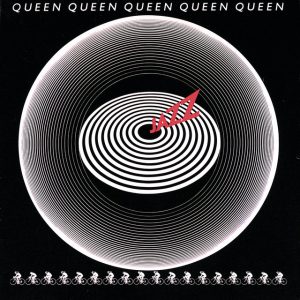
As an artist what is important for you as an artist to see at your shows when it comes to audience engagement, what message would you love for them to take away?
Firstly, at my live shows I just want people to feel. I want people to hear the stories and feel the way I do when I sing. I want them to leave knowing me and my story better and hopefully gain a deep understanding of my culture. I also want to make my people feel good about themselves. I want to make them feel strong.
“To be hated for being yourself than loved for someone you are not. I was compromising my values and beliefs for the benefit of others and it was really affecting my mental health. So after this advice I said fuck it, this is me take it or leave it.”
Rap & R&B are music genres that were invented by the Black American Trans- Atlantic Slavery Stolen Generations; What inspired you to particularly create from these genres? How has your heritage as a Yorta Yorta, Dja Dja Wurrung, Kalkadoon and Yirendali woman played a role in your identity as an artist navigating between Blak & your appreciation for Black American Music Culture?
Growing up watching TV and listening to their music, I felt like I could connect with them because we have a similar struggle. When they talk about oppression and poverty and drugs/ alcohol in their communities, I was experiencing that too. I felt their power and saw the way they were uplifting themselves and their community and I wanted to be a part of that. Some had a ‘fuck you we don’t care if you don’t like us’ attitude and as a young kid I wanted to feel that. I wanted to say ‘fuck you’ to the people and the systems that were oppressing me. And some just had pure joy. Black joy, and there is no greater resistance than black joy. I wanted my own black joy.

What advice do you have for BI&POC folk who are coming up in the industry, particularly in your line of work?
Stay true to yourself and let country and community guide you. Make your own path if the one set out for you is not right for you. You don’t need to forfeit your values and way of life to fit into a system / industry that wasn’t designed for you. Authenticity will be your biggest asset.
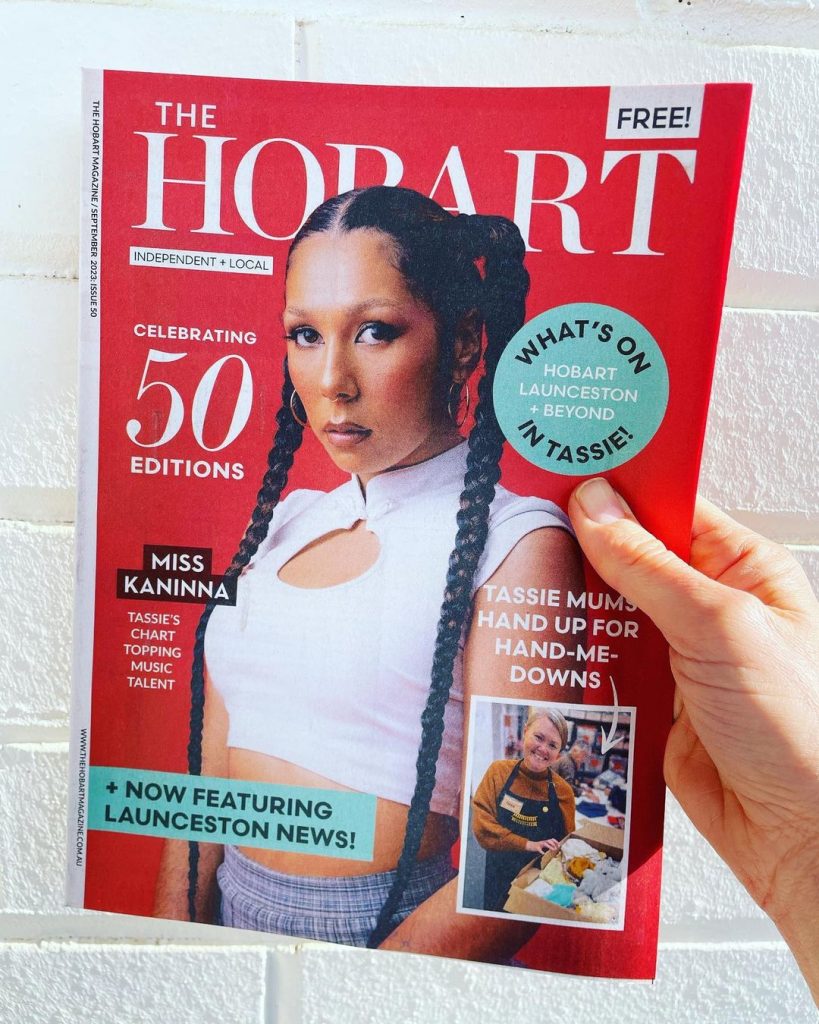
Most people don’t see the mountain of work that goes into your art till you’re towards the peak, what was the hardest obstacle you’ve had to overcome as an artist?
Self doubt and social anxiety. I had mad anxiety and problems in crowds ahaha but I’m learning to work with that.
Self identity & imposter syndrome are issues women in the industry struggle with. Have you faced this issue? If so/not, what tips can you give to encourage others to stand in their truth?
Yeah definitely, I didn’t know it was called that until someone labelled the feeling I felt. Imposter syndrome is something I struggle with, being told a lot when I was a kid that I’m not good enough or (white) enough or pretty enough really set in self-doubt, so much so that when something good happens to me I find it hard to accept it. I’m still working on ways I can overcome these feelings by slowing down and taking time to appreciate my achievements.
“Empowering black voices and making space for us rather than speaking FOR us and taking UP space. So often I see self proclaimed “ally’s” ( who in my opinion are just as dangerous as racists) who constantly tell us what they think is best for us. They’re always talking like they know best. We, the people, know our struggle and we, the people, know what’s best for us.”
Have you had any creative challenges during the development of your forthcoming EP or did you know exactly what you wanted to do?
Not really any creative challenges, I really enjoyed making this EP, I think because I was just so excited to be making music again I just let things be the way they are. When I think too much about a song or worry too much that’s when challenges appear.
“Everything is bigger in Texas.” How was your experience at the OG SXSW? Did you experience any epiphanies that you’re wanting to use as an artist?
SXSW was an incredible experience because I got to see what other people all over the world are doing. I learned a lot and now understand more what the music industry is like on a global scale. No huge epiphanies but it did cement my belief that music is art and a form of self expression so don’t try to do what other people are doing. Just express yourself and be who you are.
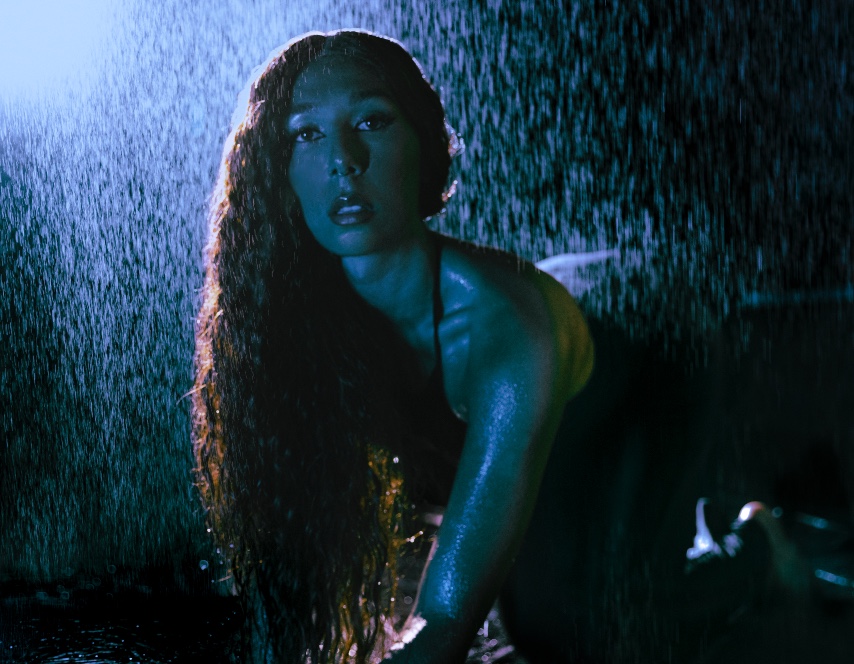
What can we look forward to in 2024? Anything you can let us in on?
More music and more shows! Ahh I already have so much new music just waiting to be heard. I’m so so excited for the rest of the year and going into next year.
Q: When I grow up I want to be or I want to see?
A: Land back. I want real change and the protection of sea, land and sky country. Because with land back also comes liberation for myself, my people and a healthier planet for all.
What is your go-to Karaoke song?
All I Could Do Was Cry – Etta James
